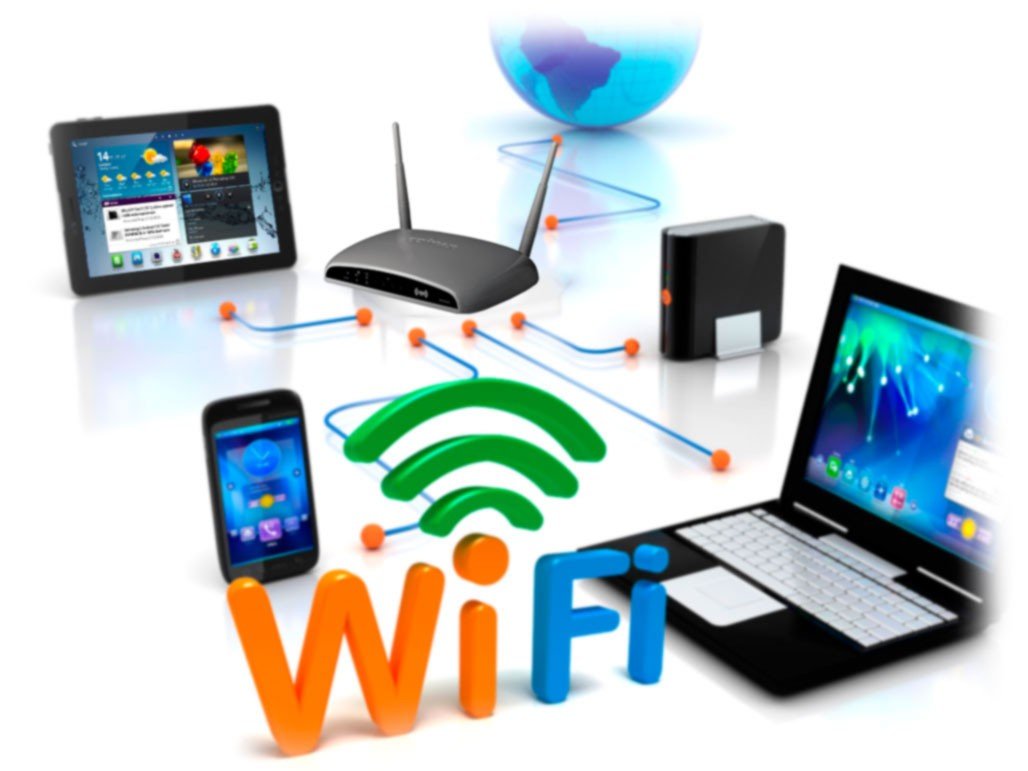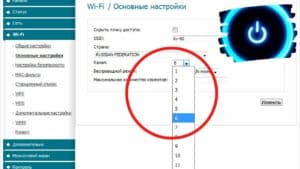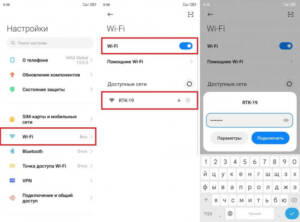What could be the reasons for WIFI not working?
Not working WIFI is one of the most common problems faced by users. When WIFI doesn't work, it could be due to various reasons. Below are some of them:
- Incorrect WIFI connection. If this is your first time connecting to a WIFI network, you may find it difficult to understand how to do it correctly. Make sure you have entered the SSID and password correctly.
- Problem with the router. If the problem is with the router, then you need to check its connection to the Internet and make sure it is configured correctly.
- WIFI network overload. If too many devices are connected to the same network, it can lead to congestion and, as a result, WIFI not working.
- Problems with device settings. If the problem of WIFI not working occurs on only one device, then the problem may be in its settings. Try updating your drivers or checking your settings.
In any case, if you have problems with WIFI, don't panic. First, try rebooting your router and network-related devices. If this does not help, contact a specialist or contact your Internet service provider's technical support.
Hardware problems
In addition to problems with settings, equipment malfunctions can cause WIFI not to work. For example, a faulty router or modem, antennas with poor signal quality, or even problems with the Internet provider. If you are sure that the problem is not in the settings, try rebooting the equipment. If this doesn't help, contact your provider's support team to find out if there is a problem on their end. If the equipment is truly faulty, replace it with a new one.
Rebooting the equipment
One of the reasons why Wi-Fi is not working could be a hardware problem. In this case, rebooting the router and devices connected to the network may help solve the problem.
To reboot the router, you need to find the power button on the back or side of the device and press it. After this, you need to wait a few minutes until the router turns off completely and turn it on again.
Also, to reboot devices connected to Wi-Fi, you can simply turn them off, wait a few seconds and turn them on again.
Rebooting your hardware may help resolve your Wi-Fi problem if it is caused by temporary device glitches. However, if the problem does not go away after a reboot, you should contact a specialist to look for other causes and solve the problem.
Checking settings
If you encounter a problem connecting to WIFI, the first thing you need to do is check your device settings. Make sure WIFI is turned on and you are connected to the correct network. If you are using a password to connect, make sure you entered the password correctly. Rebooting the device and modem may also help. If all the settings are correct and the problem persists, there may be a more serious technical problem.
Removing Interference
If your WiFi is unstable or not working at all, interference may be the cause. Possible sources of interference include microwave ovens, cordless phones, Bluetooth devices, loud speakers, and other electronic devices.
To eliminate interference, try relocating the router or device that may be causing the interference. Place the router away from all electronic devices that may cause interference. Change the WiFi frequency on your router to avoid conflict with other devices.
Updating the software on your router and devices that use WiFi can also help. If the problem persists, try contacting a technician or your Internet provider for assistance.
Don't forget that interference may not be the only cause of WiFi problems. If you cannot solve the problem yourself, seek professional help.
When to seek professional help
If you have already tried all possible ways to solve the problem with WIFI, but nothing helped, then it is time to seek help from a specialist. It is also worth contacting a specialist if you are not confident in your knowledge and are afraid of ruining something. You should not risk and ruin the equipment, it is better to trust the professionals. In addition, if you are faced with an unusual problem that you could not solve on your own, contacting a specialist will become a necessity. Do not forget that professionals in this field can quickly and effectively solve any problem with WIFI. Complex problems with equipment can be one of the reasons why WIFI does not work. One of such problems is incorrect router configuration. In this case, you need to check the router settings and make sure that they meet the requirements of the Internet provider. If the settings are correct, then you should check the operation of the antenna and make sure that it is not damaged or has not lost its functionality. If the problem is not in the antenna, then it may be necessary to update the drivers on the devices that use WIFI. If all of the above did not help, then you should contact a specialist.
Incorrect operation after setup
In some cases, after setting up WIFI, users may encounter problems with the connection. One of the common problems is WIFI not working correctly after setup.
This problem can be caused by various problems with the WIFI settings, such as an incorrectly entered password, an incorrectly configured IP address, or disabled network drivers.
One solution to the problem may be to reboot the router and reconnect to the WIFI network. If this does not help, then you need to check the connection settings and compare them with the settings of the device from which the connection is made.
If none of the listed solutions help, then you can contact specialists who will help you understand the problem and fix it.
Read further:






